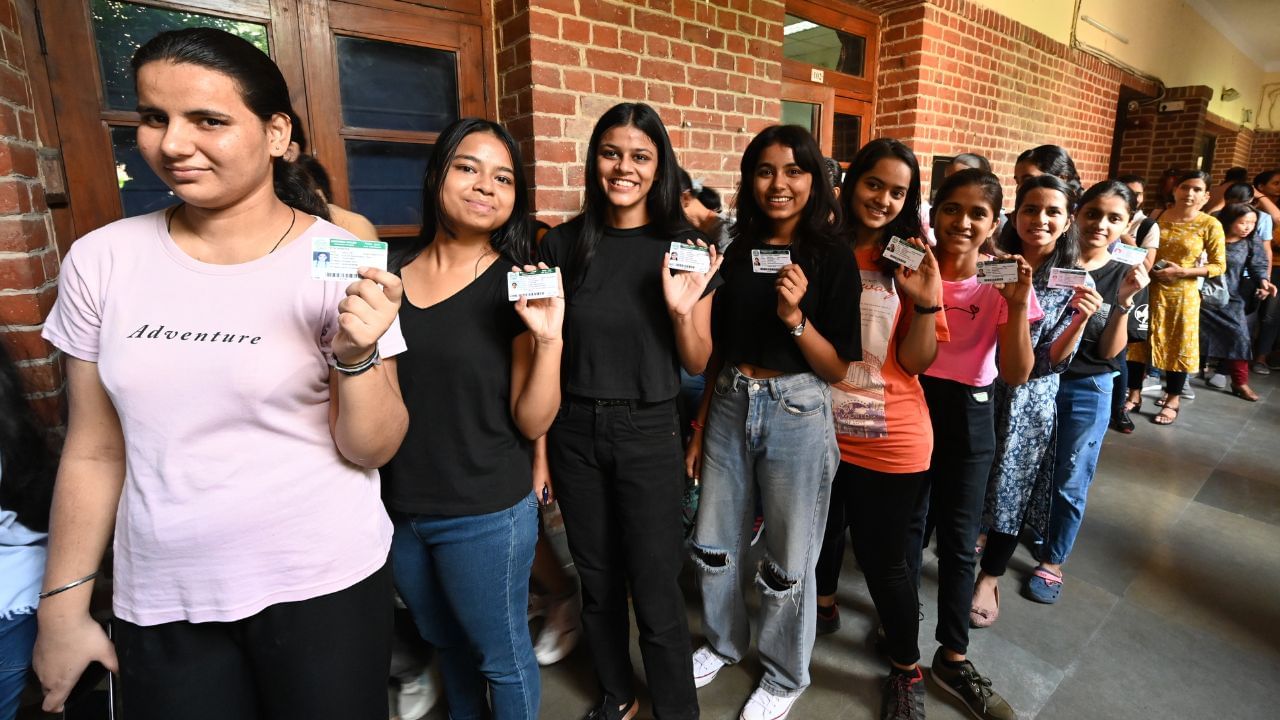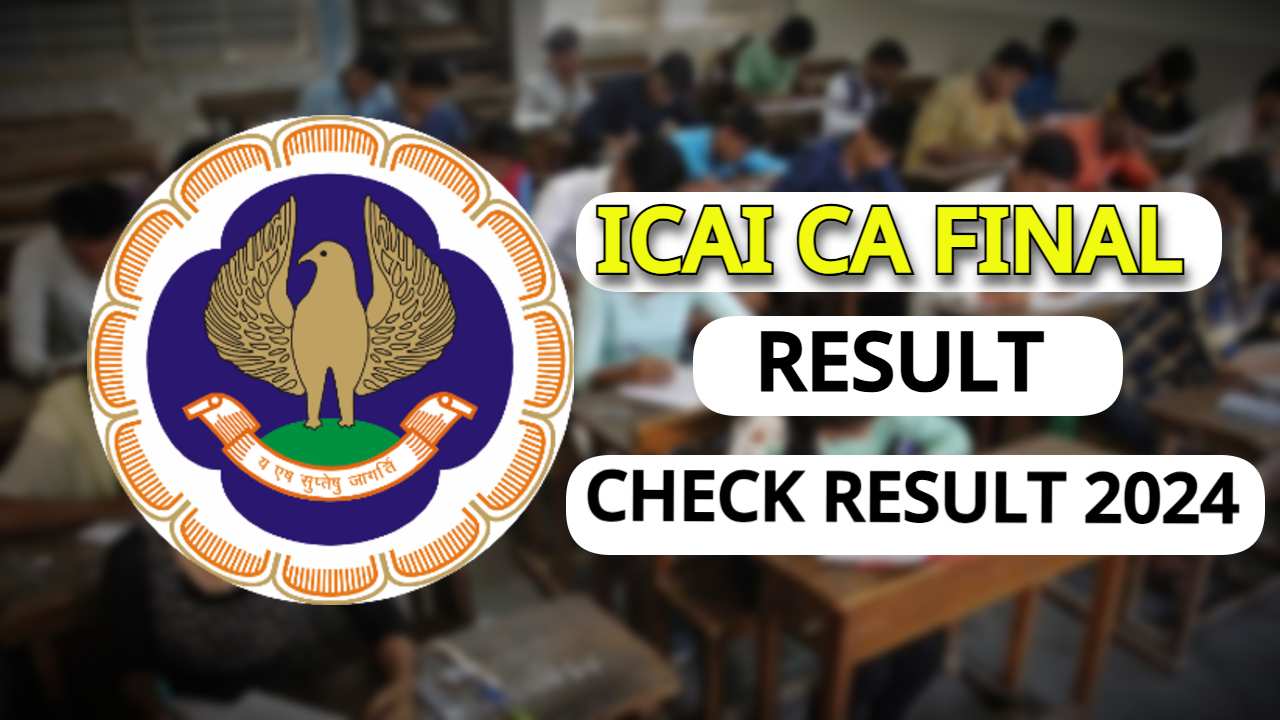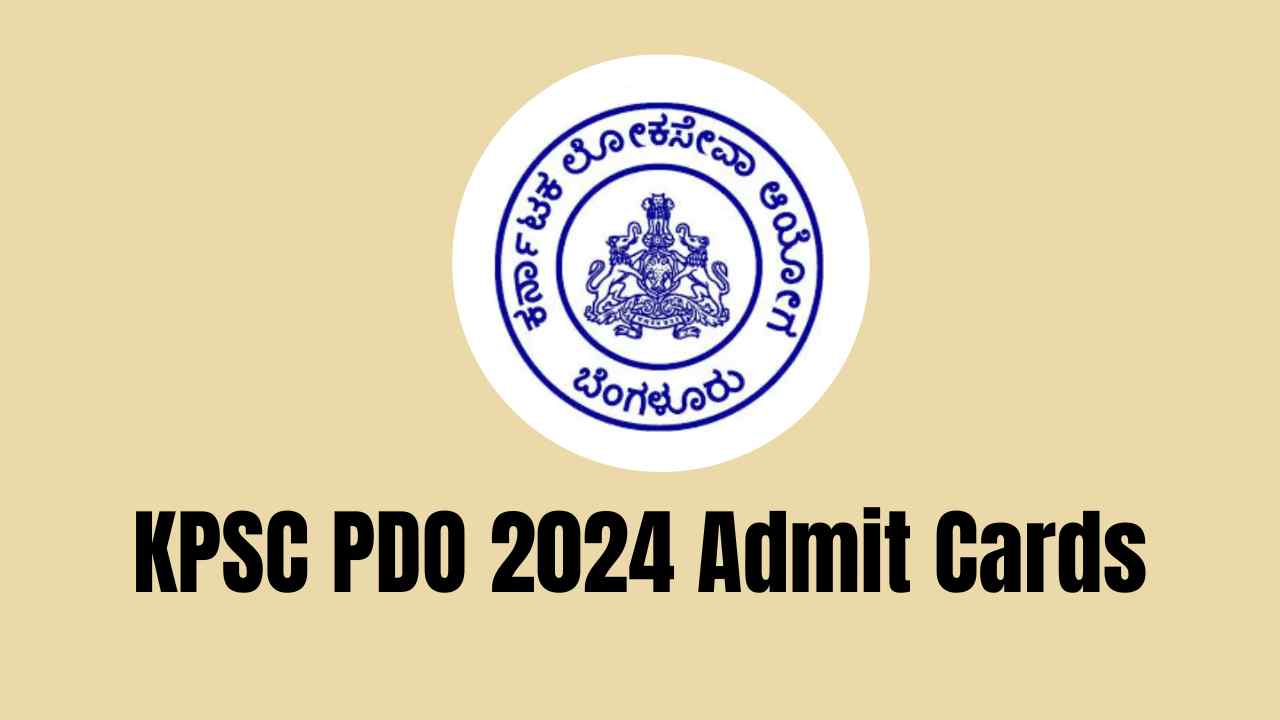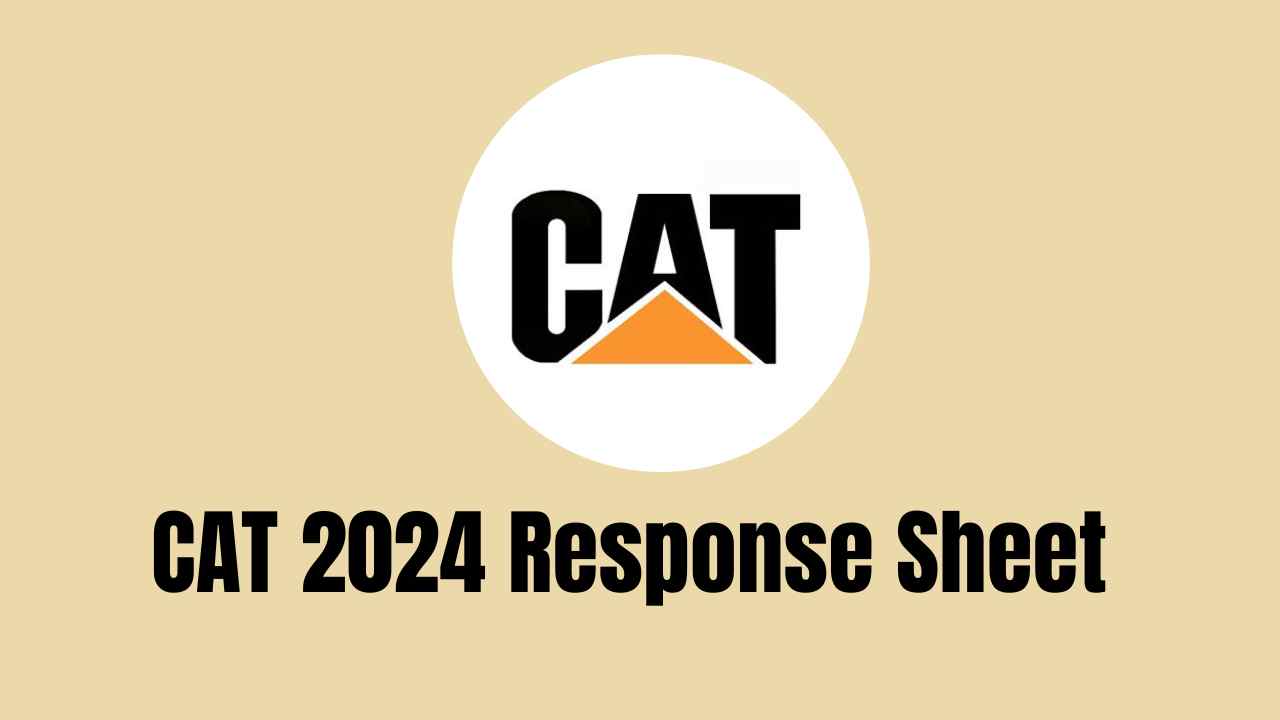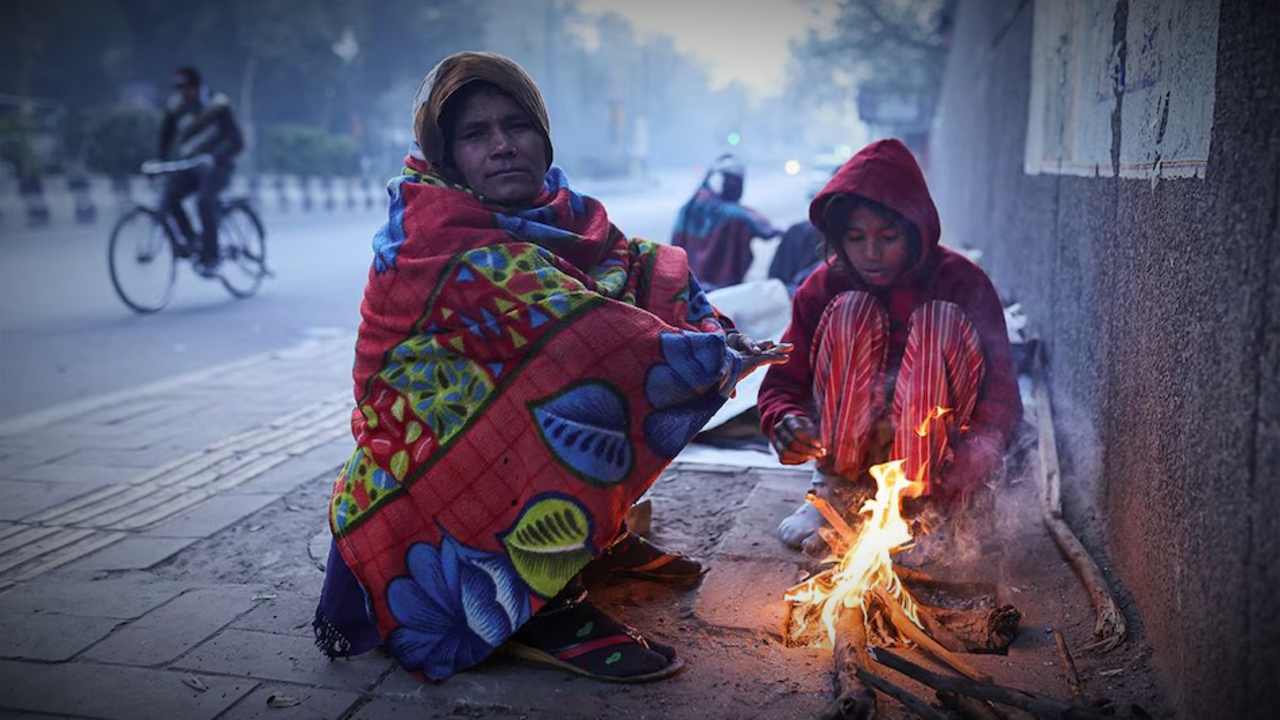The Central Board of Secondary Education (CBSE) has taken a significant step by issuing show cause notices to 27 schools in Delhi and Rajasthan due to concerns regarding dummy admissions. This action follows a surprise inspection conducted by CBSE officials to ensure compliance with the board’s established norms and guidelines. The board is also contemplating further actions against the schools found in violation. In this article, we will explore what dummy admissions entail and the impact they have on the educational landscape.
Understanding Dummy Admissions
Dummy admissions refer to a practice where students enroll in CBSE-affiliated schools without attending classes regularly. Instead, these students are often focused on preparing for competitive examinations such as the Joint Entrance Examination (JEE) and the National Eligibility cum Entrance Test (NEET). Under this scheme, students are expected to appear solely for board examinations, making regular school attendance non-mandatory. This process raises concerns about the quality of education and the integrity of the examination system.
Why Are Schools Engaging in Dummy Admissions?
Many students who aspire to enter prestigious engineering and medical colleges tend to seek dummy admissions to dedicate more time to their preparatory studies. However, this practice undermines the academic environment of schools and can result in financial gains for institutions at the expense of genuine education. Schools may enroll more students than can be accommodated, leading to inflated attendance records and compliance violations.
CBSE’s Surprise Inspections
On September 3, CBSE launched surprise inspections across 27 schools in Rajasthan and New Delhi. The inspections were conducted by 27 separate teams, each comprising a CBSE official and a principal from another CBSE-affiliated institution. The simultaneous inspection initiative aimed to verify whether schools adhered to the board’s regulations and to combat the increasing issue of dummy admissions.
Results of the Inspection
During the inspections, many schools were discovered to be in violation of several CBSE affiliation bylaws. A common issue noted was the enrollment of more students than indicated in their attendance records, directly contributing to the prevalence of dummy admissions. Additionally, it was found that some institutions did not meet the necessary infrastructural standards imposed by the board.
Consequences and Next Steps
Following the inspections, CBSE has expressed its commitment to thoroughly review the findings and will take appropriate action against schools failing to comply with its regulations. This may include penalties, cancellation of affiliations, or other administrative measures to ensure adherence to educational standards.
Importance of Compliance
Maintaining compliance with board regulations is crucial not only for the integrity of educational institutions but also for the future of the students they serve. By addressing the issue of dummy admissions, the CBSE hopes to foster a more conducive learning environment that prioritizes attendance and participation, ultimately benefiting students’ overall academic development.
In conclusion, while the allure of dummy admissions may be strong for students focusing on high-stakes exams, it poses significant risks to the educational system. The recent actions taken by CBSE reflect the board’s dedication to preserving quality education and ensuring that all affiliated schools uphold the highest standards.

